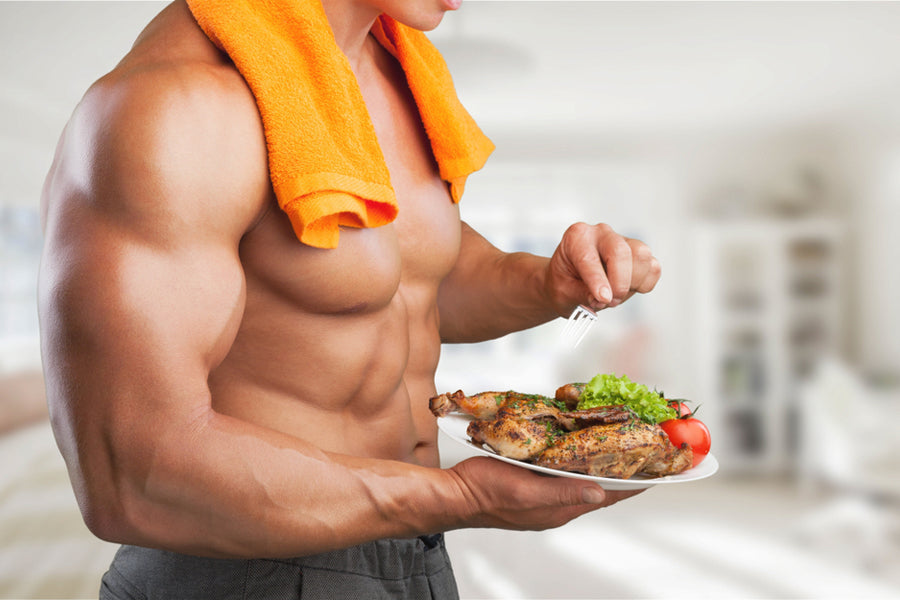Let me take you on a journey to the land bodybuilding. Where biceps are bulging and the muscles are rippling. But there's more to it than just weights. see, when it comes to bodybuilding, nutrition is vital.
Meet Rachel. She's a fitness enthusiast spends her days at the gym, pushing to the limit. She's been working out for months, something isn't clicking. She's not seeing progress wants, and it's starting to get down.
One day, Rachel decides to talk to her trainer, Jack, about her frustrations. Jack carefully, nods, and then delivers the news Rachel doesn't want to hear. "Your diet is holding you back," he says.
Rachel is skeptical first. She thought she was eating healthy, but Jack it was not just about eating healthy. It's eating for your goals. He starts talking macronutrients, micronutrients, and calories.
Let's get into the basics of bodybuilding nutrition and provide a 7-day meal plan to help you get started.
Understanding the Basics of Bodybuilding
To understand how to eat for bodybuilding, you must first understand the basics. The goal of bodybuilding is to increase muscle while minimizing body fat. You can do by weight training and proper nutrition, is recommended take Fat Burner Supplements to lose fat and reduce the effects of excessive fats on your body.
Weight training is essential for building muscle, but you will only see the you if your diet is proper. best bodybuilding diet are high in and low in carbs. This helps keep body in a muscle- while minimizing fat gain. You can add Whey Supplements to diet to increase the effects of protein and muscle building.
Bodybuilding is of sculpting your the shape you desire. This typically involves lifting weights and eating a diet to build muscle and fat.
"Bodybuilding is an art; your body is the canvas, weights are brush, and nutrition is your paint. We all have the ability turn a self-portrait into a masterpiece." ~Kai Greene (American Bodybuilder and Professional Trainer)
While some people do to win competitions, others do it to improve their appearance or health. You need to eat a diet high protein and in carbs. provides the body with the it needs to build muscle, while carbs are stored as energy and can weight if eaten in excess.
It's also essential to ensure you' getting enough vitamins minerals. Bodybuilders need more specific vitamins and than the average person, it's crucial ensure you enough through your diet supplements.
Related Article: Can You Build Muscle After the Age of 40? A Complete Guide
Benefits of Bodybuilding

Bodybuilding is not just about building muscles or having an aesthetically pleasing physique. It also offers several health benefits that can improve one's overall well-being. Here are some of the most significant health benefits of bodybuilding.
Resistance and Aerobics Training
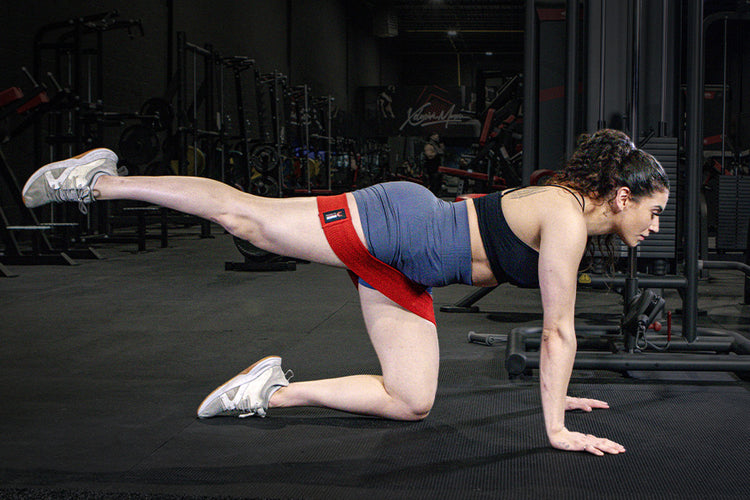
Bodybuilders frequently exercise to maintain and enhance muscles, performing resistance and aerobics training. Resistance training enhances muscular strength and size, associated with a decreased risk of dying from cancer, heart disease, and kidney failure, among other serious illnesses.
Decreases Body Fat
Bodybuilders often engage in aerobic exercise as a means of reducing the amount of body fat they have. Aerobic exercise, also called cardio, is a type of physical activity that increases the heart rate and breathing, such as running, cycling, swimming, or jumping rope.
It is well known for its fat-burning effects and is a common practice among bodybuilders who want to improve their physique and achieve a more defined, leaner look.
Improves Cardiac Health
Bodybuilding has also been shown to have significant benefits for cardiovascular health. Regular strength training exercises can help improve cardiac health by increasing the strength and efficiency of the heart muscle, improving blood flow, and lowering blood pressure.
Focus on Nutrition
Nutrition plays a crucial role in bodybuilding, as it is essential to fuel the body with adequate nutrients and energy to support muscle growth, repair, and overall physical performance.
Bodybuilders often have a specific diet and nutrition plan tailored to their goals. It typically focuses on consuming high-quality protein sources, complex carbohydrates, healthy fats, and vitamins and minerals.
Apart from exercise, bodybuilders also focus on their nutrition. Bodybuilders can eat in a way that supports their workouts in the gym and keeps them healthy if they plan carefully.
Foods to Eat
Healthy eating patterns that include nutrient-dense foods from all food groups in appropriate amounts can significantly lower your risk of developing chronic illnesses. Bodybuilders should add a few food items to their diet to see results.
Protein
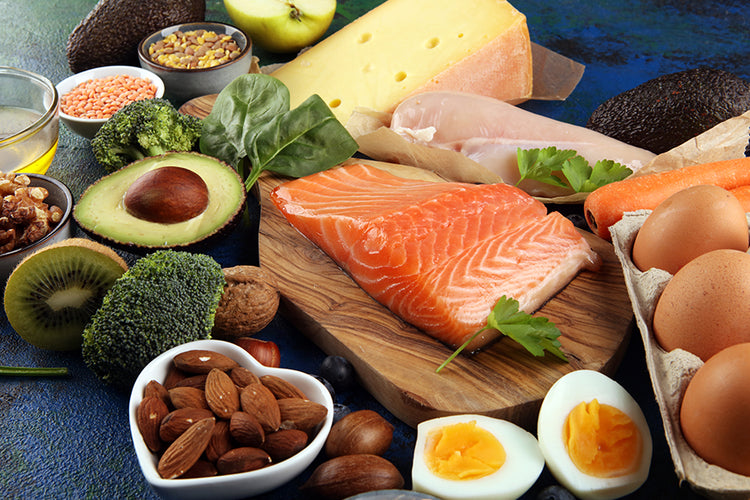
Protein is essential for building muscles. Bodybuilders must ensure they get enough protein in their diet to see the desirable results. Good protein sources include Sirloin steak, ground beef, pork tenderloin, venison, chicken breast, salmon, tilapia, and cod.
Dairy
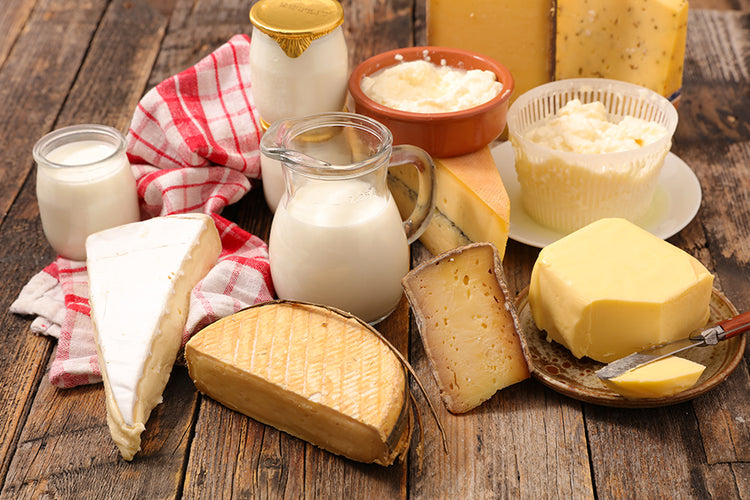
Dairy is a good source of calcium, which is necessary for strong bones and muscles. Bodybuilders must ensure they get enough dairy in their diet to see results. Good dairy sources include yogurt, cottage cheese, low-fat milk, and cheese.
Bodybuilders must include whole grains, such as bread, cereal, crackers, oats, quinoa, popcorn, and rice. Whole grains are high in energy and nutrients for the body and help satisfy hunger while providing micro-nutrients required for muscular growth and maintenance.
Whole Grains
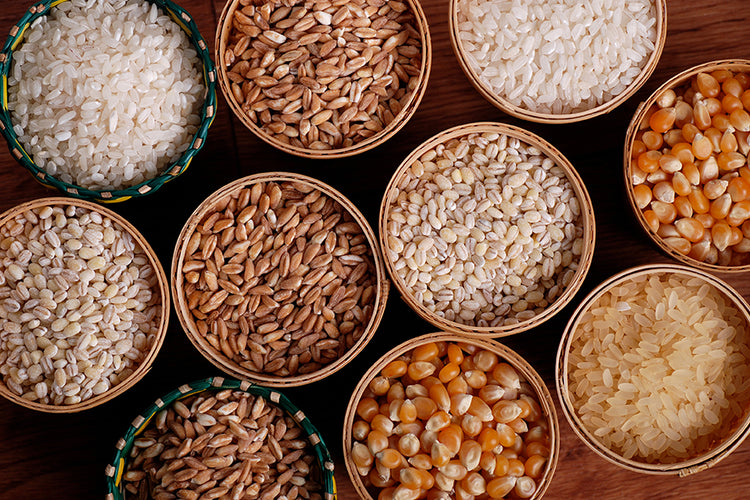
Bodybuilders must include whole grains, such as bread, cereal, crackers, oats, quinoa, popcorn, and rice. Whole grains are high in energy and nutrients for the body and help satisfy hunger while providing micro-nutrients required for muscular growth and maintenance.
Fruits and Vegetables
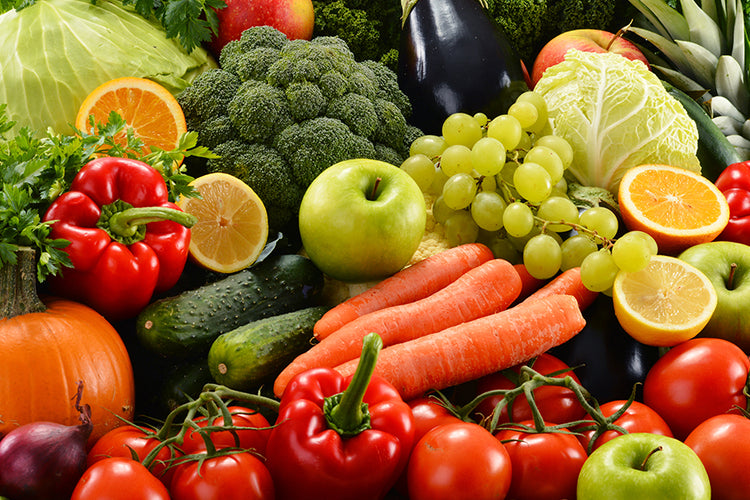
These are also an essential part of a bodybuilder's diet. They are high in vitamins, minerals, and fiber and help keep the body healthy. Bodybuilders should try to include a variety of fruits and vegetables like oranges, apples, bananas, grapes, potatoes, corn, green peas, broccoli, spinach, leafy salad greens, tomatoes, green beans, etc., in their diet to get the most benefit.
Nuts and Seeds
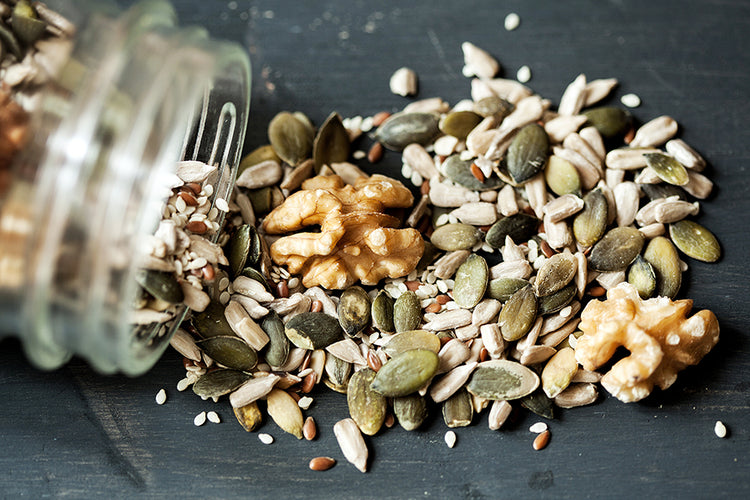
Nuts and seeds are yet another excellent source of nutrients for bodybuilders. They are high in protein, healthy fats, vitamins, and minerals. Nuts and seeds help keep the body fueled and help with muscle recovery and joint pain after workouts. Good sources of nuts and seeds include almonds, walnuts, sunflower, chia, and flax seeds.
Beans and Legumes
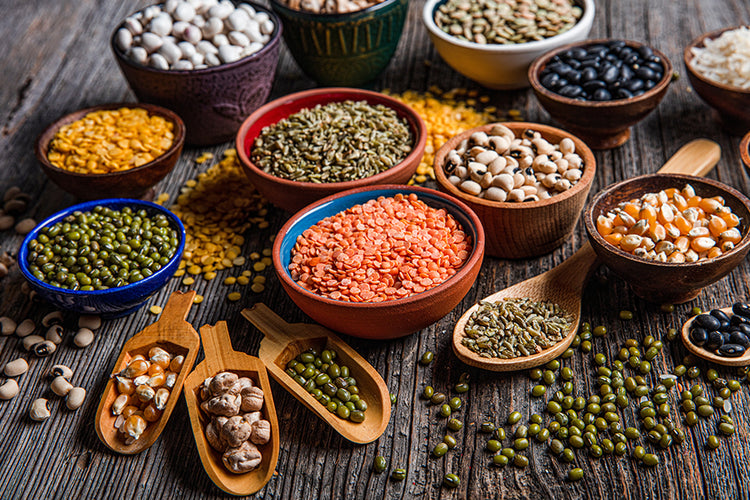
Beans and legumes are among the significant sources of protein and nutrients for bodybuilders. They are high in fiber, they help keep the body feeling full and satisfied. Good sources of beans and legumes include chickpeas, lentils, kidney beans, black beans, and beans.
Foods to Avoid
While it's essential to focus on consuming nutrient-dense foods to muscle growth, bodybuilders should also be aware the foods they should avoid to achieve their desired physique.
Alcohol
Drinking alcohol can dehydrate your body and lead to muscle loss. Drinking alcohol can have a dangerous impact on muscle growth and recovery. Alcohol is a diuretic, which can dehydrate body by increasing urine production, leading to decreased muscle performance and recovery.
Additionally, alcohol can intervene with the body's to absorb nutrients, such as protein and carbohydrates, which influence muscle growth and repair. It is best to avoid drinking any alcoholic beverages if you are serious about building muscle.
Processed Foods
Processed snacks such chips, cookies, and cakes are high in sugar and sodium, which can cause water retention and bloat in the body. Consuming high amounts of can lead to excess water retention in the body, which can cause and a puffy appearance.
Additionally, high sugar levels can lead to insulin resistance, gain, and inflammation, further contributing bloating and discomfort.
Fast Food
Fast food items like hamburgers, fries, and chicken nuggets are typically high unhealthy fats, calories, sodium. These foods are often oils high in trans fats and fats, which can lead to health like weight gain, high cholesterol, and heart disease.
Related Article: Junk Food Makes You Miserable - It's Time to Ditch Junk Food
Bodybuilding Supplements
different bodybuilding supplements available in the market. Some work better than others. When choosing a supplement, research to find a safe one. Here are three of the most popular bodybuilding supplements.
Related Article: The Science Behind Pre-Workout Supplements
Whey Protein

Many bodybuilders employ Whey Protein Supplements are critical to enhancing muscle development. Whey aids in growth and maintenance of muscle by providing the building blocks, achieving the ultimate goal of increasing muscle mass.
Related Article: 5 Things You Should Keep in Mind When Whey Protein
Creatine
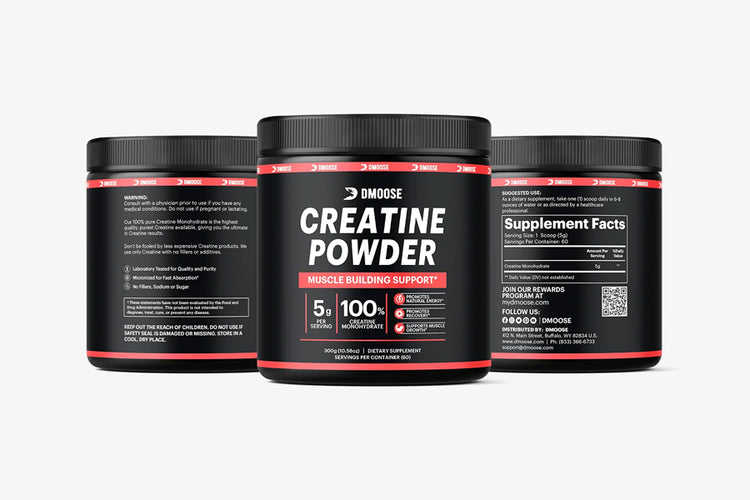
Creatine Powder Supplements boost strength, increase mass, and aid muscle recovery. This muscular expansion may assist reaching bursts of speed and energy, particularly during short periods of high-intensity activity as weight training or sprinting.
Caffeine
Caffeine a supplement before working is for bodybuilders and athletes because it is practical and quick-acting. Because caffeine is fast-acting and effective, athletes and bodybuilders use it to enhance their following a strenuous exercise session.
Bodybuilding Meal plan
If you want to gain muscle, having a well- meal plan is to use enough nutrients to support growth and recovery. Here's an example meal plan for an week:
Day 1
Breakfast ( 564): 1 bowl of cornflakes with 1/2 cup of almond milk, 2 servings of whole toast with 2 tbsp natural peanut butter
7 carbs, 28g fat, 25g protein
Lunch (calories 730): 2 servings of buffalo chicken salad with mixed greens, cherry tomatoes, 1/2 avocado, and 1 of almonds
30g carbs, 45g fat, 60g protein
Snack (calories 330): 1 cup of whole grain granola and 1 Greek yogurt with 1/2 cup of strawberries
52g carbs, 10g fat, 19g protein
Dinner (calories 885): 2 BBQ sandwiches on whole wheat buns with lettuce, tomato, and a side of steamed vegetables
94g carbs, 40g fat, 96g protein
Daily Calories: 2509
Total Macros: 247g carbs, 123g fat, 200g protein
Day 2
Breakfast ( 508): 4 banana egg pancakes with 1/2 cup and 1 apple
94g carbs, 16g fat, 20g protein
Lunch (calories 736): 3 servings of turkey lettuce roll-ups 1/2 avocado, 2 cups primary protein with water instead of milk
5 carbs, 30g fat, 91g protein
Snack (calories 235): 1/2 alongside 1 tbsp of almond butter
22g carbs, 13g fat, 4g protein
Dinner (calories 1025): 2 BBQ chicken sandwiches on whole wheat buns with lettuce and tomato, and a of mixed green salad with dressing
100g carbs, 40g fat, 110g protein
Total Daily Calories: 2504
Total Daily Macros: 267g carbs, 99g fat, 225g protein
Day 3
Breakfast (calories 620): 2 and cheese breakfast sandwiches on whole wheat English muffins with and tomato
72g carbs, 42g fat, 64g protein
Lunch (calories 805): 2 peach protein smoothies with 2 scoops of protein powder, 1 cup of almond milk, 1 cup of frozen peaches, 2 tbsp of seeds, and a handful of spinach
80g carbs, 18g fat, 94g protein
Snack (calories 325): 1 apple alongside 2 tbsp almond butter 1 serving of cucumber slices with 2 tbsp hummus
34g carbs, 18g fat, 8g protein
Dinner (calories 750): 2 servings of beef with 1 cup of steamed vegetables and 1 cup of brown rice
66g carbs, 30g fat, 58g protein
Total Daily Calories: 2500
Daily Macros: 252g carbs, 108g fat, 224g protein
Day 4
Breakfast (calories 575): 2 of blueberry protein pudding with 1/4 cup extra blueberries and 1 whole wheat toast with 1 tbsp of natural peanut butter
56g carbs, 22g fat, 51g protein
Lunch (calories 707): 2 simple caprese sandwiches on bread with added chicken breast
7 carbs, 30g fat, 61g protein
Snack (calories 235): 1/2 bowl of cornflakes with 1/2 cup of milk and 1/2 apple
45g carbs, 3g fat, 5g protein
Dinner (calories 1015): 2 servings of fried eggs (4 eggs) and ham sandwich on whole wheat bread lettuce tomato, and a side mixed green salad
80g carbs, 50g fat, 87g protein
Total Daily Calories: 2532
Total Daily Macros: 251g carbs, 105g fat, 204g protein
Day 5
Breakfast (calories 522): 2 servings of cheese breakfast 1/2 of mixed berries and 1/4 of chopped nuts
38g carbs, 18g fat, 60g protein
Lunch (calories 764): 2 of protein with water instead of milk, 1 of grapes, and 1 serving of roll-ups
82g carbs, 10g fat, 90g protein
Snack ( 305): 1/2 bowl of cornflakes with 1/2 cup of almond milk and 1 serving cheese slices
38g carbs, 13g fat, 13g protein
Dinner ( 910): 2 servings of grilled chicken teriyaki, 2 servings of easy steamed green beans, and 1 of cooked quinoa
95g carbs, 12g fat, 106g protein
Daily Calories: 2501
Total Daily Macros: 253g carbs, 53g fat, 269g protein
Day 6
Breakfast (calories 539): 1 serving of butter and oatmeal made with almond milk and 1 of protein powder
74g carbs, 16g fat, 35g protein
Lunch (calories 805): 2 peach protein smoothies with 2 scoops of protein powder, 1 cup of almond milk, 1 cup frozen peaches, 2 tbsp of chia seeds, and a of spinach
80g carbs, 18g fat, 94g protein
Snack (calories 277): 2 servings of pineapple kale smoothies made with 1 cup of pineapple, 1 cup kale, 1/2 cup of Greek yogurt, and water
48g carbs, 2g fat, 2 protein
Dinner ( 892): 2 servings balsamic chicken salad with added grilled chicken breast, 1/4 cup chopped walnuts, and a side steamed vegetables
38g carbs, 42g fat, 101g protein
Daily Calories: 2513
Total Daily Macros: 240g carbs, 78g fat, 250g protein
Day 7
Breakfast (calories 680): 2 servings of butter protein oats made with almond and 1/2 sliced banana
82g carbs, 24g fat, 52g protein
Lunch (calories 740): 2 cups of grapes, 2 servings of Greek yogurt with 1 sliced banana and 1/4 cup almonds
95g carbs, 23g fat, 37g protein
Snack (calories 310): 2 cups of Greek yogurt with 1/2 cup of berries
3 carbs, 0g fat, 46g protein
Dinner (calories 770): 2 BLT sandwiches on whole bread with added grilled breast and a side of mixed green salad with vinaigrette dressing
6 carbs, 28g fat, 7 protein
Total Daily Calories: 2500
Total Daily Macros: 267g carbs, 75g fat, 205g protein
The calorie intake a good balance of macronutrients and is appropriate for individuals with an active lifestyle looking to build muscle. It's important to note that individual calorie needs may vary based on age, gender, and activity level.
Conclusion
Bodybuilding is not just about having a muscular physique; it offers health benefits that can well-being. Increased strength, endurance, improved bone density, and better health are many benefits of bodybuilding.
However, achieving bodybuilding goals requires more than just regular exercise. A proper bodybuilding diet essential for gaining muscle mass and ensuring that your receives all the necessary nutrients for growth.
A healthy meal plan nutrient-rich foods is crucial for building lean muscle mass and achieving the best results. While supplements can an additional energy boost, should not real food. So, prioritize diet and incorporate various nutrient-dense foods to support your bodybuilding goals.






